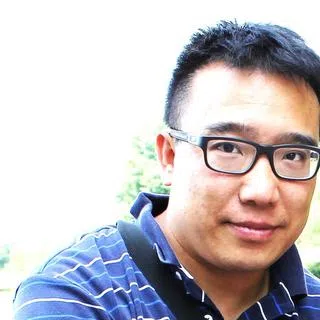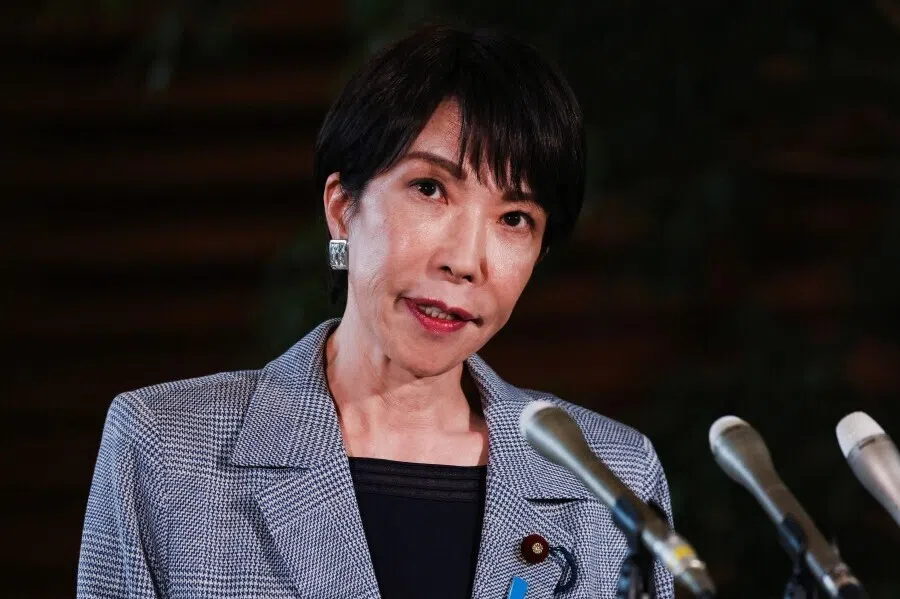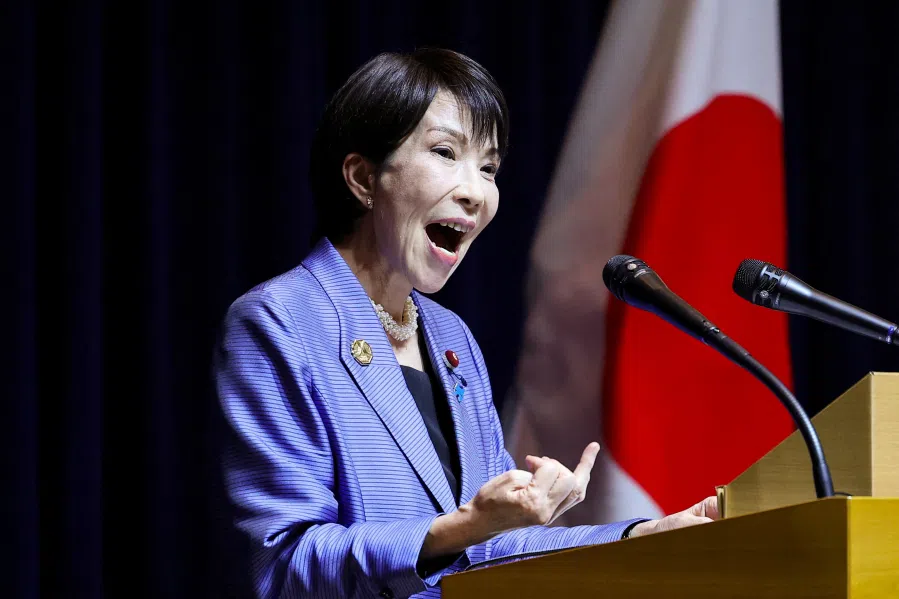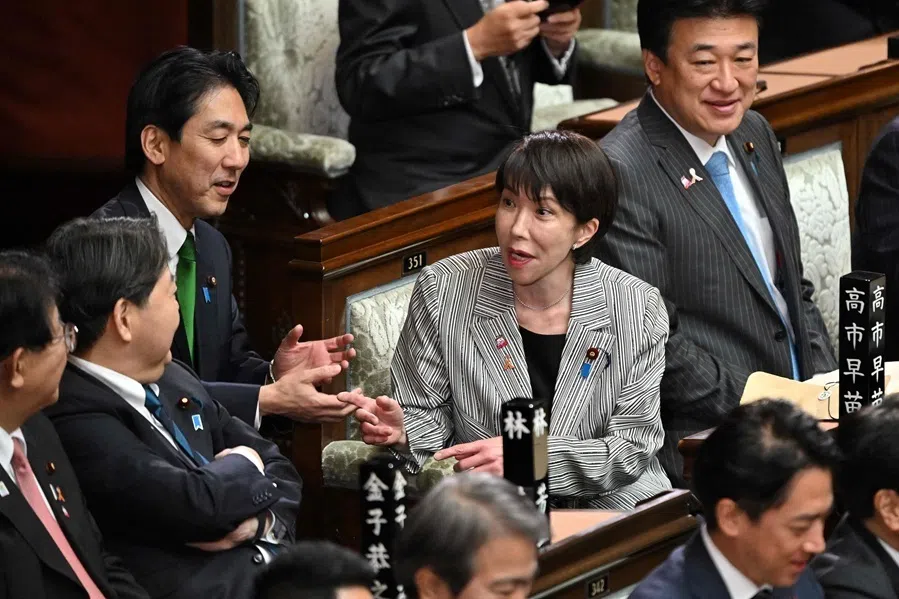Taiwan's language programme imparting 'Taiwanese national identity' to US students
Amid the repeated lockdowns due to Covid-19 outbreaks in mainland China, Taiwan has opened its doors to American students learning the Chinese language. However, US academic Wu Guo noticed that the language curriculum for foreign students in Taiwan includes electives on learning about Taiwan's "national identity". Could this be Taiwan's way of furthering its political agenda?

In the first six months of 2022, the US issued approximately 31,000 F-1 visas to Chinese students. This figure shrank by more than half from the 64,000 issued in the same period in 2019. Meanwhile, in 2020, only around 2,400 American students studied in China, compared to around 11,600 in 2019.
Suspended programmes
Despite China adjusting its visa application requirements for overseas students entering in Fall 2022, China's recurrent Covid-19 outbreaks, strict anti-epidemic measures, airline operation suspensions and soaring airfares have driven away American students.
In China, a popular American educational institution that has long run Chinese-language programmes for American students in mainland China suspended its 2023 spring semester programme earlier this year.
The institution has longstanding partnerships with top universities in Beijing, Shanghai and Nanjing, and helps American students select a suitable short-term language and culture course offered by various Chinese universities based on personal interests and preferences. It also handles student communication, healthcare and moving logistics.
Amid these changes, an American educational tour company based in Washington began promoting their Taipei programme.
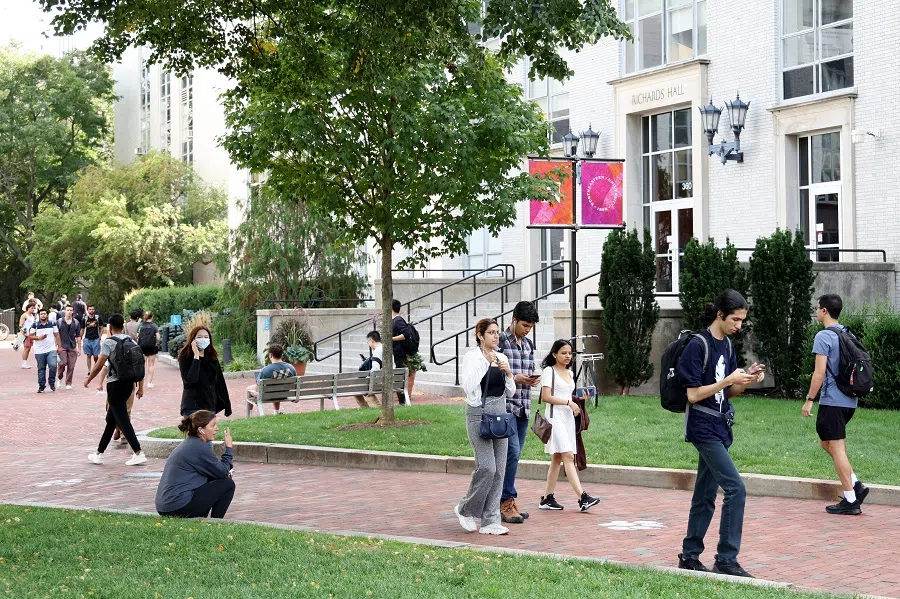
The programme was suspended because the institution could not guarantee consistent and quality international Chinese language education in the major Chinese cities. Furthermore, foreign students could also experience unpredictable disruptions to their daily lives.
Diverted to Taiwan
Amid these changes, an American educational tour company based in Washington began promoting their Taipei programme.
The American students, more familiar with simplified Chinese than traditional Chinese as most tutors in the US use the former, would be given course materials written in simplified Chinese but be taught using traditional Chinese. Evidently, the dual use of simplified and traditional Chinese characters would cause some challenges to them learning the Chinese language.
Based on the course titles, it is clear that the university strongly intends to imparts Taiwan's version of history and politics to young Americans by way of teaching the Chinese language.
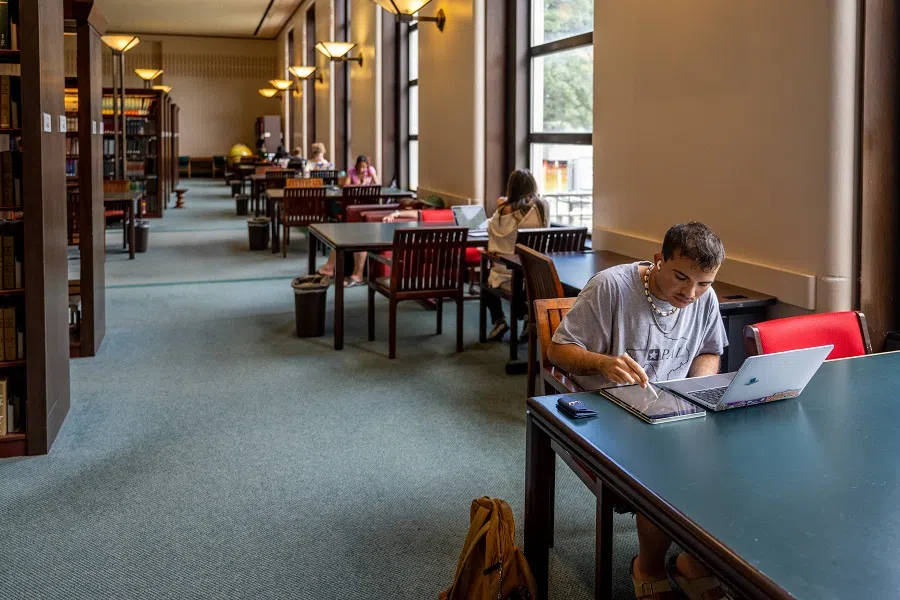
Interestingly, I found that the leading Taiwan university hosting this programme seems to have bundled some English courses with the programme. Students can choose to earn course credits for English courses titled "Taiwanese History, Culture, and National Identity" (台湾历史、文化,及国族认同) and "Cross-Strait Relations between Mainland China and Taiwan" (大陆和台湾之海峡两岸关系).
Based on the course titles, it is clear that the university strongly intends to imparts Taiwan's version of history and politics to young Americans by way of teaching the Chinese language. Furthermore, while it seems fitting that the course on cross-strait relations calls the two sides "mainland China" and "Taiwan", the course would naturally be Taiwan-centric.
The other course on history, culture and national identity focuses on local identity in Taiwan, and also intentionally highlights "Taiwan's national identity", a concept that comes with profound realpolitik implications.
Nation versus ethnicity
Based on the theory of nationalism, a "nation" is a community that seeks to eventually establish a "state" on the foundation of a political regime and government, with the ultimate goal of becoming a "nation-state". Here, "nation" differs from an ethnic group connected only by language and historical memories or a nationality/minority living under the framework of a nation-state. For example, Asian Americans are merely an ethnic group and do not form an autonomous and self-sufficient nation.
... the fact that Taiwanese scholars translated the English word "national identity" as 国族认同 (guozu rentong, guo meaning nation or country) instead of the more ambiguous term 民族认同 (minzu rentong, min meaning people) is indeed a clever tactic...

Hence, the fact that Taiwanese scholars translated the English word "national identity" as 国族认同 (guozu rentong, guo meaning nation or country) instead of the more ambiguous term 民族认同 (minzu rentong, min meaning people) is indeed a clever tactic and also more theoretically sound. Used by mainland China, 民族 (minzu, ethnicity) is often confused with other terms such as nationality or ethnic minority.
The problem is that, based on the translation of guozu, "nation-state" would be translated as 国族国家 guozu guojia, which seems rather awkward and repetitive, making the term even more ambiguous. This is perhaps a result of lexical and semantic inadequacies of the Chinese language in expressing modern Western concepts.
Regardless, while exchanges between the US and mainland China are hindered, teaching American students in Taiwan about "Taiwanese national identity" as part of an educational programme aimed at language instruction does show a blatant political agenda.

Based on my understanding, the teaching of Chinese in mainland China is focused on language and popular culture, and does not involve such sensitive issues. This is probably because mainland China does not see foreign students as targets for teaching Chinese nationalism and cross-strait issues.
Undoubtedly, in an ideal situation, mainland China's anti-epidemic measures will be quickly lifted so that life can return to normal, China can continue to interact with the outside world, and American students can decide for themselves whether to learn Chinese in mainland China or Taiwan.
Related: US academic: US-centric worldview and hostile policies hindering US-China exchanges | Why the Americans know China better than the Chinese know the US | Fewer Chinese academics in the US will worsen US-China disconnect | Do Gen Z Americans hold the key to improving China-US relations? | Clamp down on Chinese students and academics? America's loss is China's gain
